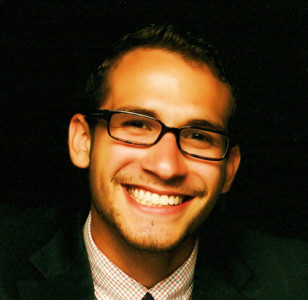
For states’ rights advocates like Justice Clarence Thomas, the 50 states can establish a church if they choose. However, your average American (who, if they’re familiar with the First Amendment, probably aren’t average) probably does not think like Justice Thomas.
Debate about the extent of the Bill of Rights’ limitation on the power of the states was exceedingly contentious when the United States was just a young nation.
James Madison, George Mason and, to an extent, Thomas Jefferson fought for nearly 10 years in the Virginia General Assembly to pass the Virginia Act for Establishing Religious Freedom, which did away with the Anglican Church as the established church in Virginia.
I use this example to point out that the idea of church-state relations was neither a smooth nor settled issue, and it still isn’t today. The idea of doing away with (literally) an established church is rather different from issues we see today, such as those involving faith-based initiatives in the Executive Branch.
This leads one to ask, “What exactly is the Establishment Clause for?”
Is it to protect persecuted minorities from dangers of a despotic denomination? Is it to make certain that the secular has power over the sacred? Is it just another side of the freedom of religious expression?
The way in which we answer these questions will lead to very different ideas about how the State is to interact with religion.
In 2013, Gallup stated that 76 percent of Americans believe that religion is losing influence in America, and though the number is down significantly, 56 percent of Americans believe that religion can answer all or most of today’s problems. The same percentage of Americans said religion is “very important” in their lives, with 22 percent said it is “fairly important.”
Clearly, if the majority of Christians in the United States were interested in infringing upon the rights of religious minorities, they would.
This is, of course, to speak about religion at the national level, whereas in certain localities infringements on the rights of individuals to express their beliefs, whatever those beliefs are, may be challenged.
I question whether the idea of the secular is really neutral. If you had one group (secularists) push another group (the religious) out of the public political realm, is it really fitting to think of secular ideas as neutral or do they, in fact, constitute a diametrically opposed world view altogether? If this is true, then when the government sides with the secular over the religious or vice versa, then it violates, I think, the fundamental point of the Establishment Clause, which is neutrality and liberty.
Defending neutrality is important and encouraging discourse among diverse groups contributes to a culture focused on unity in spite of difference.
We should be skeptical of overt hostility toward any group or group interests, whether secular or religious, and questioning their motivation in the name of neutrality in a pluralist society.








